Faculty
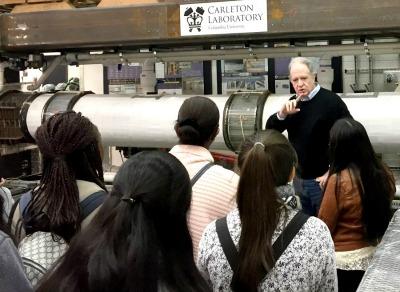
The Outreach Programs Office offers critical support to faculty who are developing research proposals, especially National Science Foundation applications. The director collaborates with faculty to communicate the social impact of the science to a broader audience and to meet the required broader impact merit criteria.
As Broader Impact professionals, the Outreach Programs Office acts as a knowledge broker, partnership coordinator, and capacity builder that supports and may directly participate in research, education, communication and community engagement between the academy, other diverse stakeholders such as K-12 and informal education, industry, and society-at-large.
Faculty members can
- Host high school summer researchers
- Conduct lab visits
- Present in schools
- Participate in student events
- Aid in countless other ways
- Faculty highlights
- Check out Current State of Broader Impacts January 2018
Working With Minors
- If faculty host high school students in their lab, all research group members will need to take the Protection of Minors training, as well as have the students complete a parental release form and visitor registration form.
- We also recommend collecting a media release form and confidentiality agreement. Departmental administrators should collect and retain these forms for their records.
- The Protection of Minors training is an online module provided by Columbia University Human Resources that all CU affiliates must complete if they are interacting with children under the age of 18. All volunteers working in an Engineering Outreach program or student group need to complete this training before engaging with children. Protection of Minors certifications last for 2 years from the date of completion.
- The Engineering Outreach office can schedule group and individual trainings throughout the year. Email [email protected] to schedule a time to complete the training.
Proposal Support
For grant proposal content, click here.
For more information on grant proposal content, contact Kristian Breton to schedule a meeting.
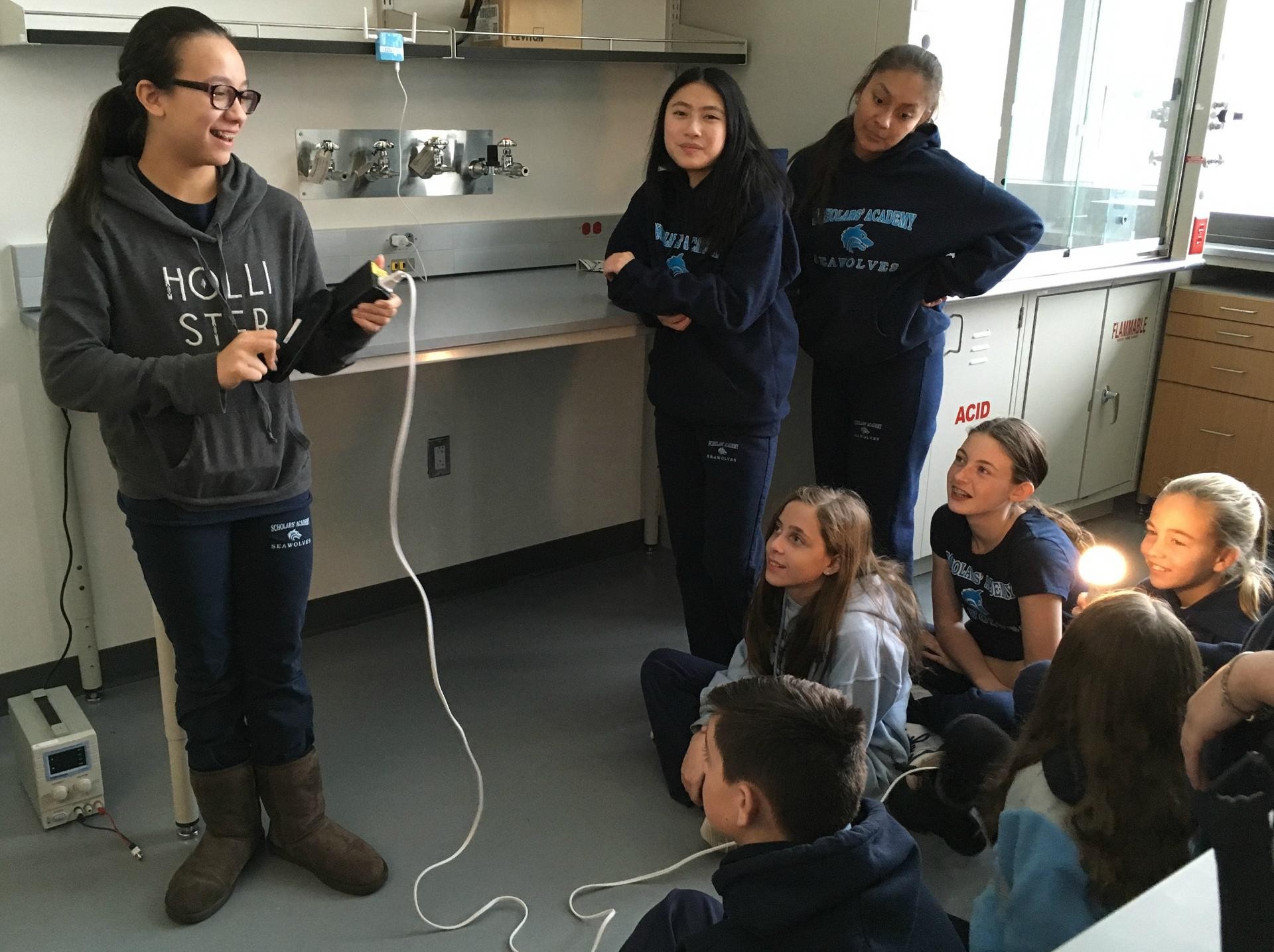
Inside Engineering invites school groups into Columbia Engineering labs to show students what engineering looks like in practice.Seeing lab equipment, work spaces, and engineers working on high-level problems is an exceptional opportunity for students. Moreover, this program uniquely offers access to students who would not otherwise see academic research.
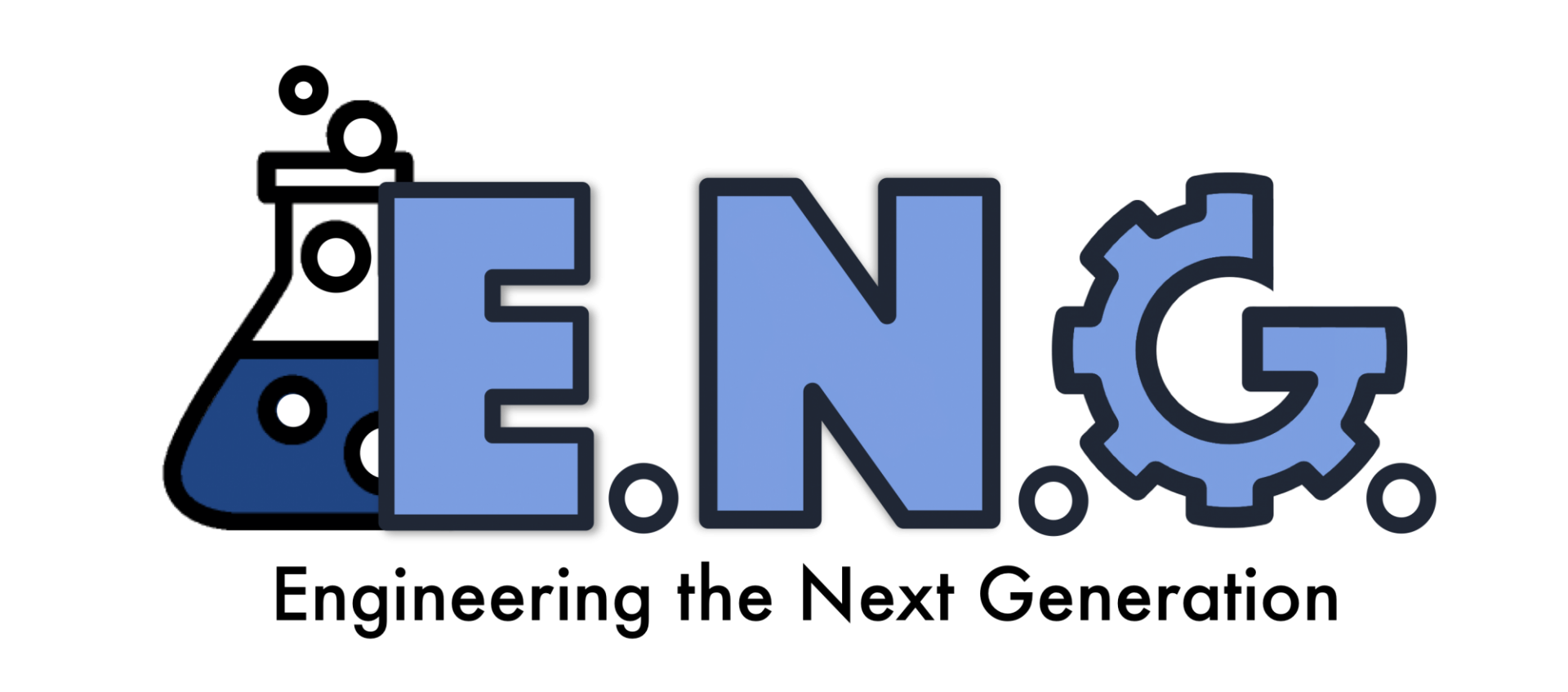
E.N.G.: Engineering the Next Generation
Engineering the Next Generation (E.N.G.) is a summer research experience at Columbia University's School of Engineering and Applied Sciences, targeting highly motivated underrepresented high school students from select local partner schools.
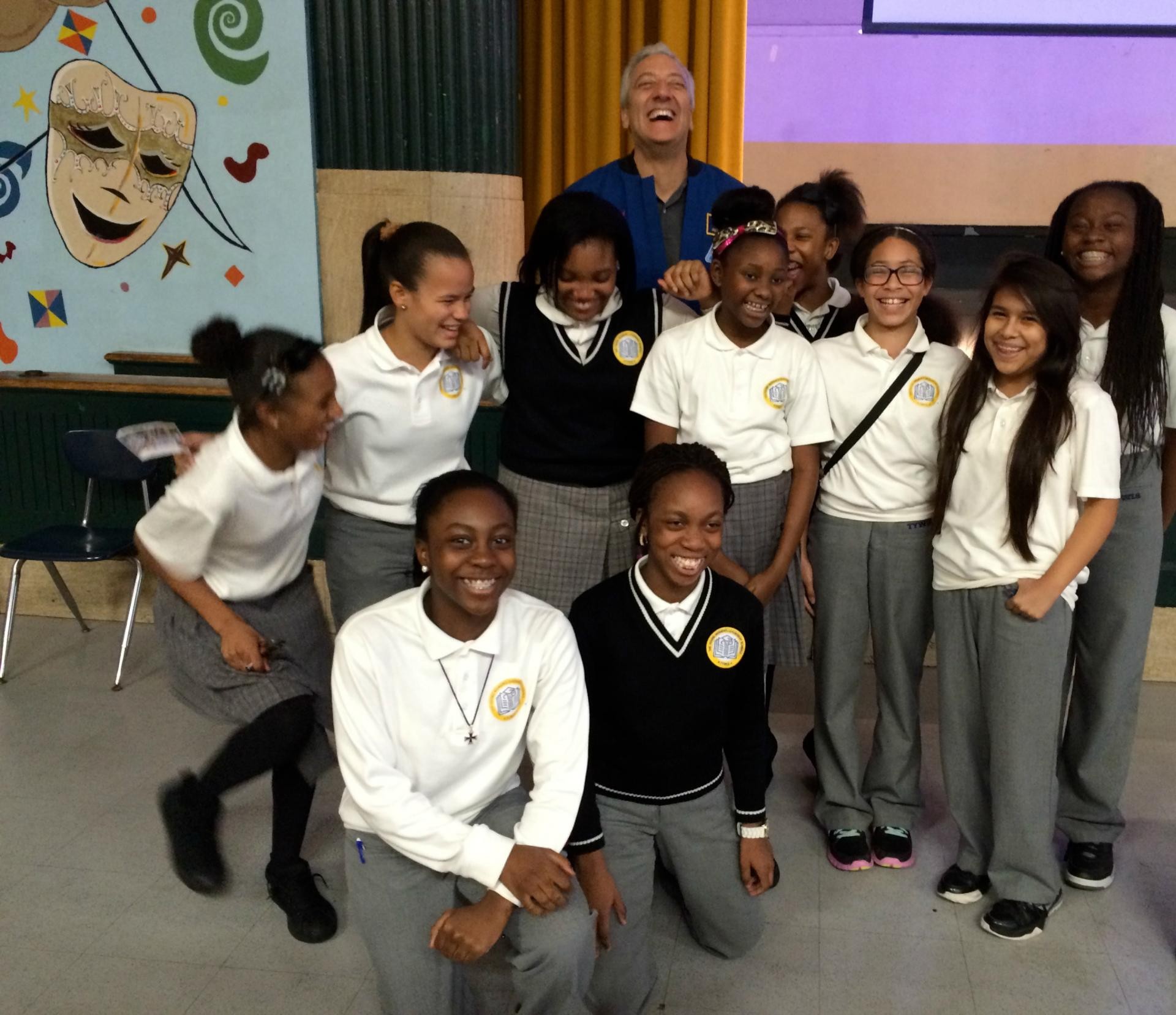
Engineering Speaks gives engineers from Columbia the opportunity to speak directly to students in local schools.Typically engineers tell a “life story” and explain their personal path, including passions, education, current work, etc.
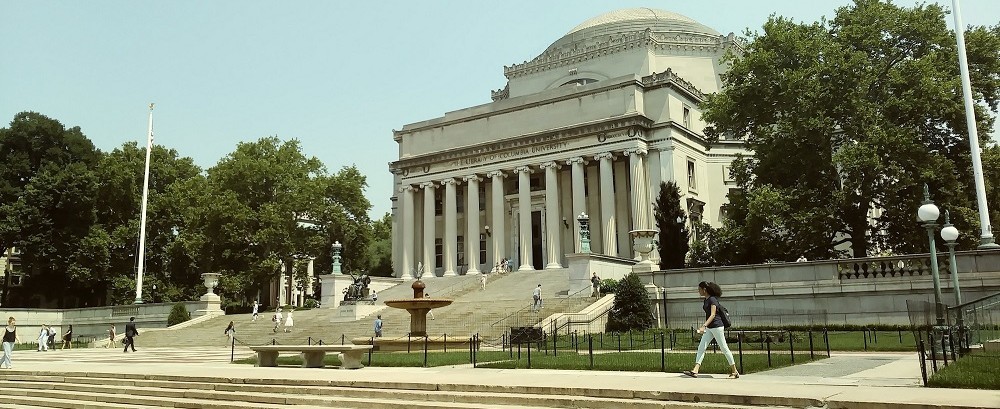
MRSEC: Materials Research Science and Engineering Center
Columbia hosts an NSF MRSEC, called the Center for Precision Assembly of Superstratic and Superatomic Solids, which is a partnership with City College of New York, as well as academic, industry, and international collaborators. Faculty from materials science, chemistry, physics, mechanical engineering, and electrical engineering, form two interdisciplinary research groups and focus on two-dimensional atomic sheets and zero-dimensional molecular clusters.
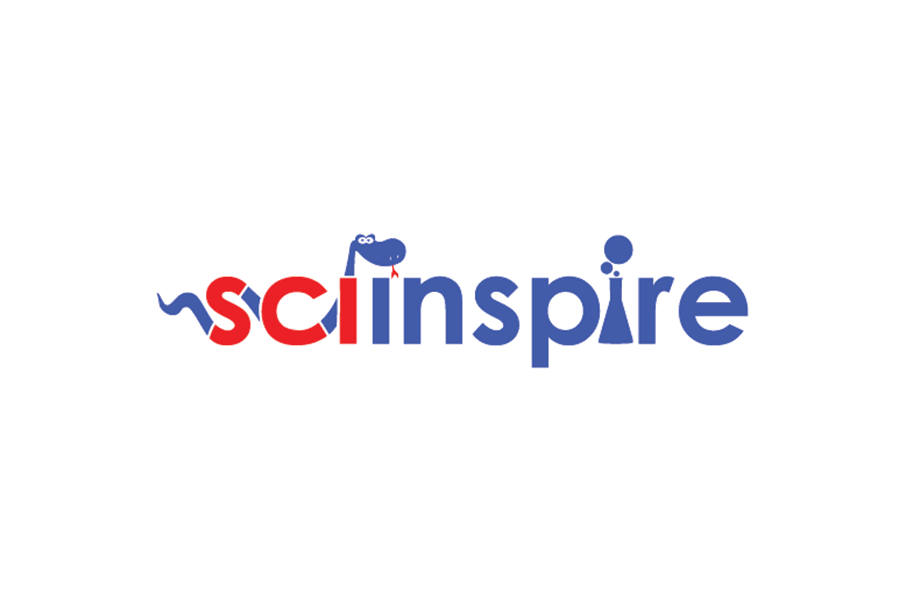
Sci-Inspire works with Columbia Engineering to connect volunteers with local K-12 schools. This school-based program supports STEM education and collaborates with other student groups on campus to train volunteers for educational and outreach activities, as well as to screen (fingerprint) them in compliance with the NYC DoE.
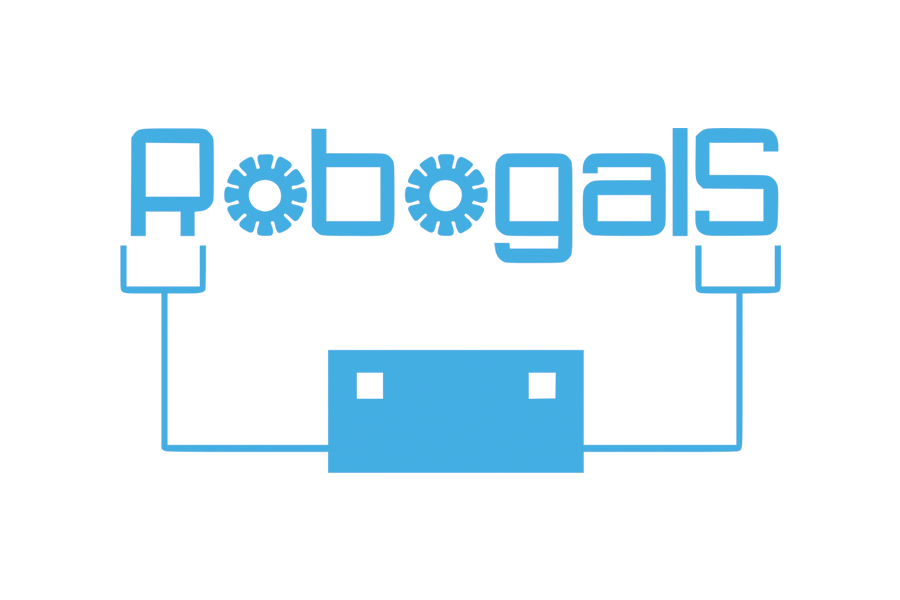
Robogals teaches design and programming with Boe Bots and Lego robots. It is a chapter of the international non-profit organization and aims to get more girls between the ages of 9 and 16 interested in science, engineering, and technology.
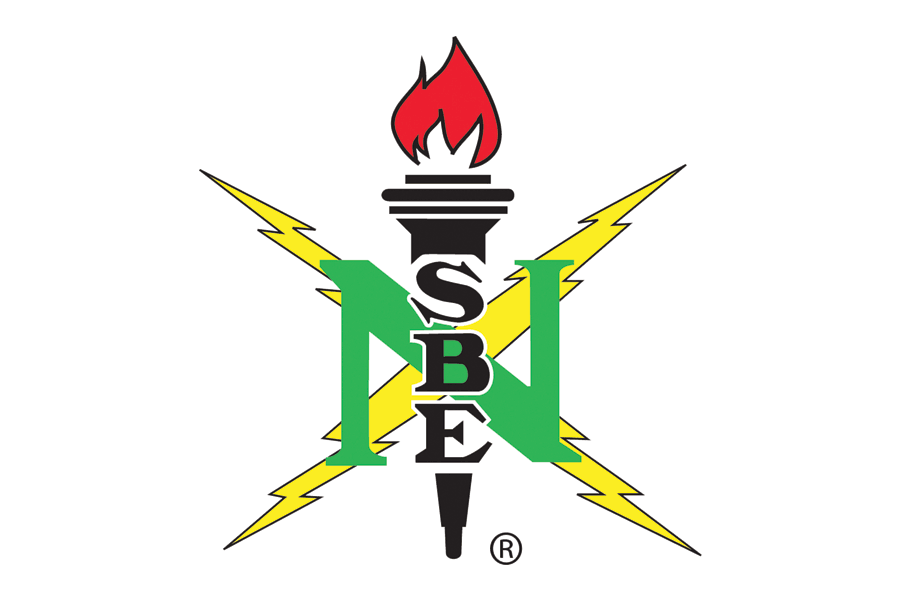
NSBE: National Society of Black Engineers
NSBE is dedicated to the academic and professional success of African-American engineering students and professionals. NSBE offers its members leadership training, professional development activities, mentoring opportunities, career placement services and more.
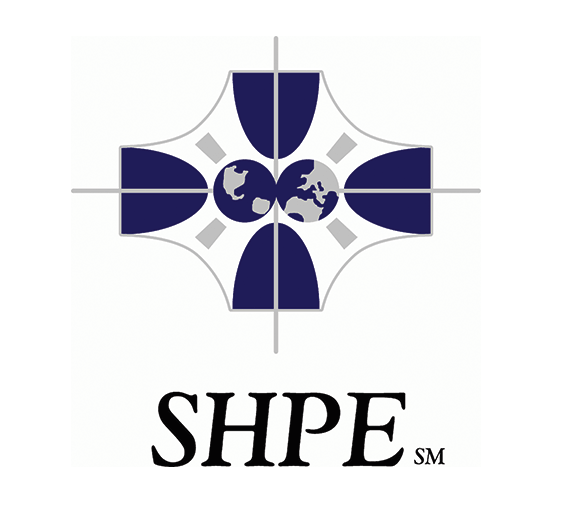
SHPE: Society of Hispanic Pre-Professional Engineers
SHPE's vision is a world where Hispanics are highly valued and influential as the leading innovators, scientists, mathematicians and engineers. SHPE changes lives by empowering the Hispanic community to realize its fullest potential and to impact the world through STEM awareness, access, support and development. Outreach activities include in-school presentations, junior chapters, and tutoring.
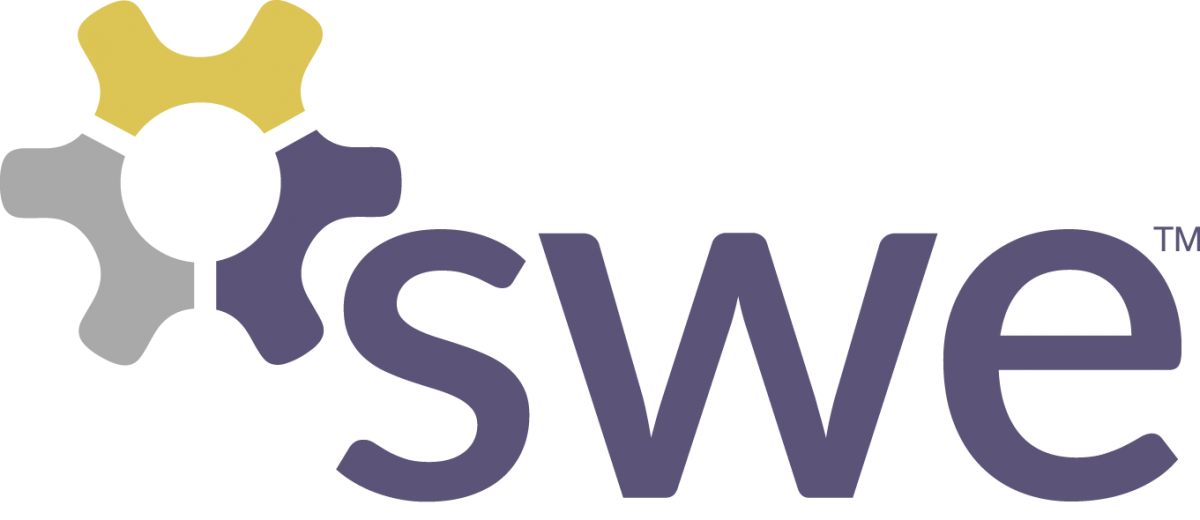
SWE: Society of Women Engineers
SWE’s mission is to stimulate women to achieve full potential in careers as engineers and leaders, expand the image of the engineering profession as a positive force in improving the quality of life, and demonstrate the value of diversity. For more than six decades, SWE has given women engineers a unique place and voice within the engineering industry. The organization is centered around a passion for the members' success and continues to evolve with the challenges and opportunities reflected in today's exciting engineering and technology specialties.
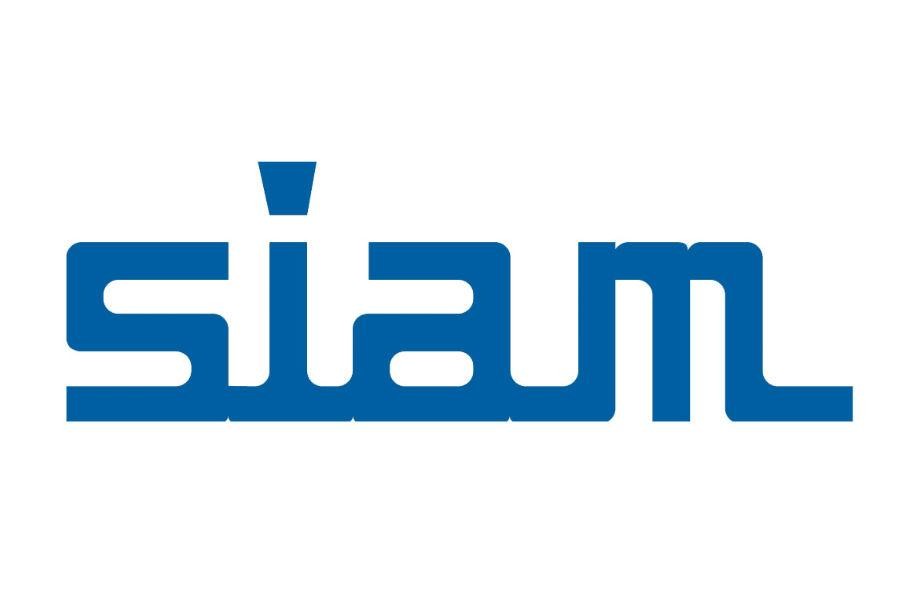
CU SIAM: Society for Industrial and Applied Mathematics (CU SIAM)
CU SIAM is Columbia’s chapter of an international community of over 13000 members and 500 institutions for industrial and applied math. The national SIAM organization exists to promote interaction between mathematics and other scientific and technological communities. On campus they are involved in a range of student fun activities, including Latex tutorials, peer advising, and company visits. This year they are organizing a five-session Coding Bootcamp focused on introducing local high school students to Python and mathematical modeling.
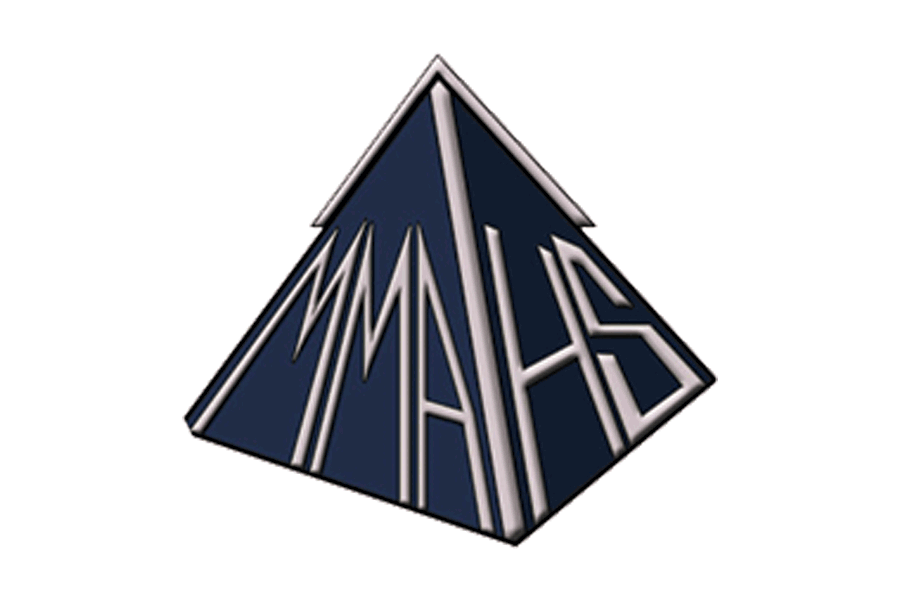
Columbia University Competitions in Math
Columbia University Competitions in Math, a student group supported by the Engineering Student Council, hosts on campus tournaments in upper-level mathematics for high schools students. The Columbia Math Tournament, offered during the fall semester, is for a wide range of high school students from the New York and New Jersey area. The Columbia Math Majors of America Tournament for High Schools (Columbia MMATHS) is offered during the spring semester and advanced math students from the area are welcome to participate.
